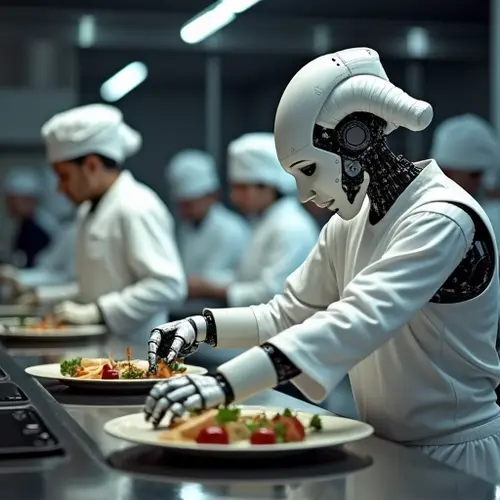
The Rise of Robotic Kitchens
Robotic kitchens are no longer a futuristic concept but a reality. Companies like Moley Robotics and Spyce have developed fully automated kitchens where robots prepare meals with precision and efficiency. These systems use advanced AI algorithms to replicate human cooking techniques, from chopping vegetables to plating dishes.
Smart Recipes and AI Creativity
AI-driven cooking platforms analyze vast databases of recipes to create unique dishes tailored to dietary preferences and nutritional needs. For instance, IBM's Chef Watson collaborates with human chefs to generate innovative recipes. However, the question remains: Can AI truly replicate the creativity and intuition of a human chef?
Challenges and Limitations
While robotic kitchens excel in consistency and speed, they struggle with improvisation and emotional connection—key elements of fine dining. Human chefs bring years of experience and cultural understanding to their craft, something AI is yet to fully emulate.
The Future of Culinary Arts
Experts predict a hybrid future where AI and human chefs collaborate. Robots handle repetitive tasks, allowing chefs to focus on creativity and presentation. This synergy could redefine fine dining, blending technology with tradition.

 Nederlands
Nederlands English
English Français
Français Deutsch
Deutsch Español
Español Português
Português


